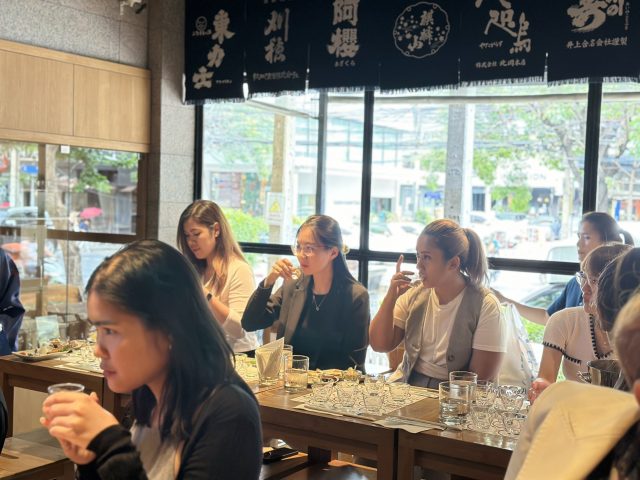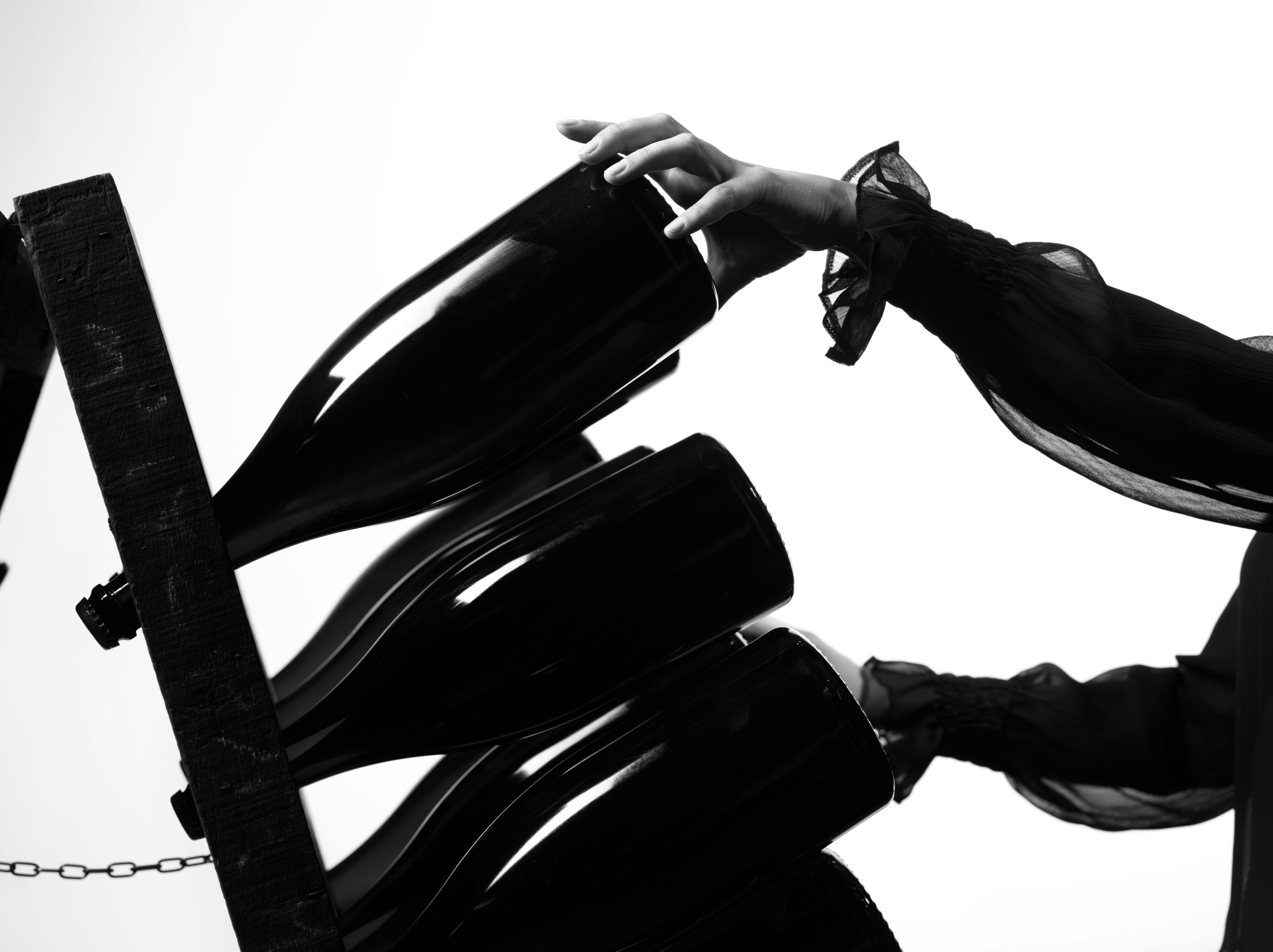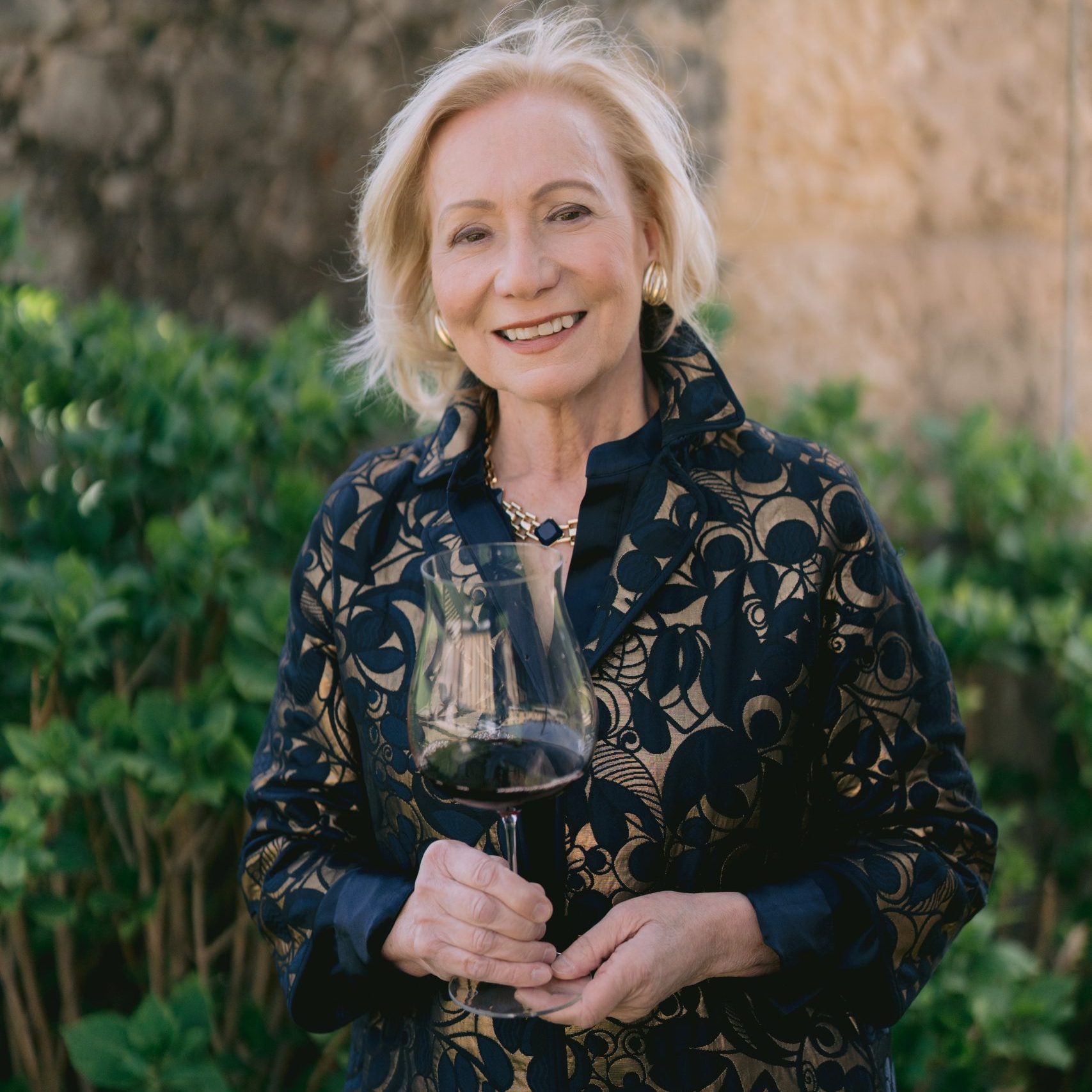Producers association brings sake seminars to southeast Asia
The Japan Sake and Shochu Makers Association has launched sake seminars in southeast Asia, driving growth in the already lucrative market.

Continuing its international promotional work, the Japan Sake and Shochu Makers Association (JSS) has just launched a new lineup of sake seminars in Southeast Asia. The first masterclass took place in Thailand on 21 September, seeking to build on existing exports to the region.
Hitoshi Utsunomiya, director of the JSS, sees key opportunities in exports and overall brand building: “we hope to promote the diversity and regional characteristics of sake and expect synergistic effects with inbound tourism.”
Sake exports have grown for 13 consecutive years, with Asia now amounting to more than half of the total. The doorstep market now accounts for 65% of Japan’s sake exports, having grown from 49.4% in 2013. The next largest market, North America, lags behind on a 25% export share.
Addressing China, where demand for sake has grown 27-fold over the last decade, the JSS held consumer events in Beijing in May and Shanghai in October. These sought to promote local demand for Japan’s national drink.
However, the emphasis is now shifting to activities across 11 Southeast Asian countries, whose populations total more than 650 million people. This region has seen exports grow five-fold over the last decade, though the JSS believes higher growth is possible.
The JSS will therefore run events in the coming year to promote sake’s unique status and stimulate market demand. The masterclasses will target restaurant owners and sommeliers, using them to dispel consumer myths and advocate for the product.
Partner Content
September’s event in Bangkok demonstrated the value of a focus on education. The masterclass was hosted by Sean Ou, the JSS’s Southeast Asian liaison and head of education at Singapore drinks
consultancy The Beverage Clique. Alongside questions on service and pairings, Ou covered fundamental questions such as whether sake was a spirit and how it is different from wine. His
expertise across the beverage industry was invaluable, teasing out similarities and distinctions between sake and other categories.
The seminar covered the sake making process in depth, before exploring sake’s diverse sub-categories. The attendees explored their differences according to a number of factors: the
ingredients, the rice-polishing ratio, alcohol level and acidity. Each can have a significant impact on the overall style.
They also took a deep dive into the concept of the Sake Meter Value (SMV). This measure of specific gravity – comparing density to that of water – offers general categories of sake sweetness. A positive value (less dense than water) generally means a dry sake whereas a negative value (more dense than water) generally indicates it is sweet.
Ou emphasised the importance of education to bring sake into restaurants as a match for local cuisines. Although Thailand’s Japanese and Japanese fusion restaurants are growing in number, driving interest in the category, he believes sake’s reach will be limited if confined to these establishments. Instead, he highlighted sake’s versatility. Its pleasant rice sweetness, he says, is ideal for spicy national dishes such as chilli crab and Thai hot pot. Such food matching could lead to broader acceptance of sake in the region.
Next on the agenda, the JSS brings its masterclasses to Malaysia, with a seminar in Kuala Lumpur. There are also plans for the series to continue in Vietnam, the region’s third biggest country, in March 2024. With a huge consumer base to reach, there is great potential for sake export growth in Southeast Asia. The JSS intends its programme to capitalise on this opportunity.
Related news
Carlsberg Hong Kong expands no and low alcohol portfolio
Diageo sells East African Breweries stake to Asahi for US$2.3bn
Treasury Wine Estates plans leaner future amid US and China slowdown




